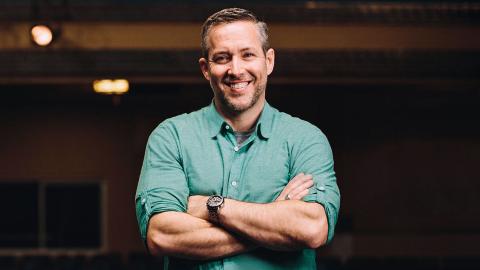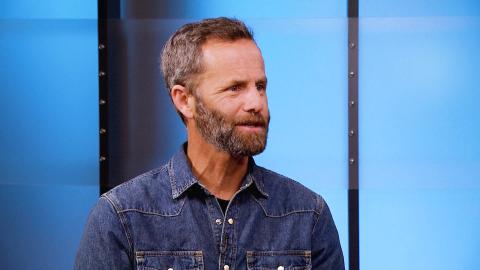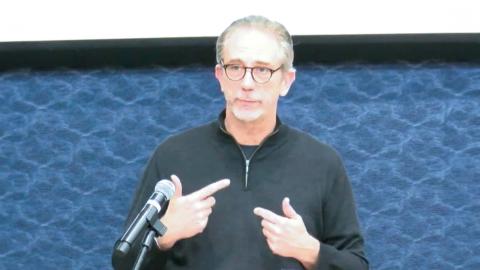
JD Greear Says 700 Victims Can't Be 'Whole Story', Offers 6 Steps for Southern Baptist Abuse Victims
The third and final part of an investigation into sexual abuse within Southern Baptist churches has been published, revealing even more widespread trouble for the Southern Baptist Convention.
The Houston Chronicle and the San Antonio Express News worked together on the reports for months. The final part finds more than 100 youth pastors from the Southern Baptist Convention are now registered sex offenders or have been charged with sex crimes. Often their crimes were against the teens and sometimes kids within their churches.
In the past 20 years, around 380 Southern Baptist leaders have faced sexual misconduct allegations. SBC President J. D. Greear says the denomination will use all spiritual and financial resources available to stop predators, calling the acts "heinous."
"There can simply be no ambiguity about the church's responsibility to protect the abused and be a safe place for the vulnerable," wrote Greear.
"But anger and grief, while appropriate responses, are not sufficient to protect victims. What can easily be lost in the size of these numbers, which are grievously large, is the tragic fact that they cannot be the whole story," Greear continued.
"More must be said and done in the coming days. But today, we want to provide some initial guidance to victims who have not yet come forward on how they can receive care. We are profoundly sorry. It is an unjust tragedy that you experienced abuse in the past. And it is unjust and tragic that you feel fear in the present," he said.
The Houston Chronicle reports there are more than 700 known victims, saying many of them have been removed for their churches and forced to rebuild their lives. Some were encouraged to forgive their abusers or even to get abortions.
Greear provided six steps on his website to help abused victims:
1. Realize you did nothing wrong. Abuse is never the fault of the abused. The appropriate response of anyone who is representing Jesus to you should be care and compassion.
2. It is understandable to be afraid. When people who should be trusted (like church leaders) violate that trust, it can make an already fearful situation (like abuse) even more disorienting.
3. Speak with someone who can help you process the abuse and resulting trauma.
For immediate guidance, here are three numbers where you can reach trained professionals who are available 24/7:
- The National Hotline for Domestic Violence number is 1-800-799-SAFE (7233).
- The National Child Abuse Hotline number is 1-800-422-4453.
- The Rape, Abuse, & Incest National Network number is 1-800-656-HOPE (4673).
Greear also provided information to help people find Christian counselors:
He recognized that not everyone is even ready to talk about what's happened to them, so he offered several helpful books that help with healing after abuse:
- On the Threshold of Hope by Diane Langberg
- The Emotionally Destructive Marriage by Leslie Vernick
4. If you were abused as a child, then a report to Child Protective Services (or the equivalent in your state) will need to be made. If you are fearful to take this step alone, the counselor you speak with can help you do that.
5. If you are an adult who has been abused, the offense against you is no less wrong. Know that you have a choice about when in the process of your recovery that you choose to seek justice.
Taking the steps in #4 or #5 ensures that the crime (not just sin) your abuser committed against you shows up on a background check. This helps protect others. Reporting a crime is not just a matter of protecting others, though. It can also be an important step in restoring your voice.
6. When you are ready, involve your current church in your recovery journey. This assumes you are not in the same church where your abuser is in leadership. It is understandable if you do not take this step for a while. Don't feel rushed. Your first step in this direction might be inviting a Christian friend to be an advocate in your counseling sessions. God is a patient Shepherd who walks at the pace of his sheep ( ).



